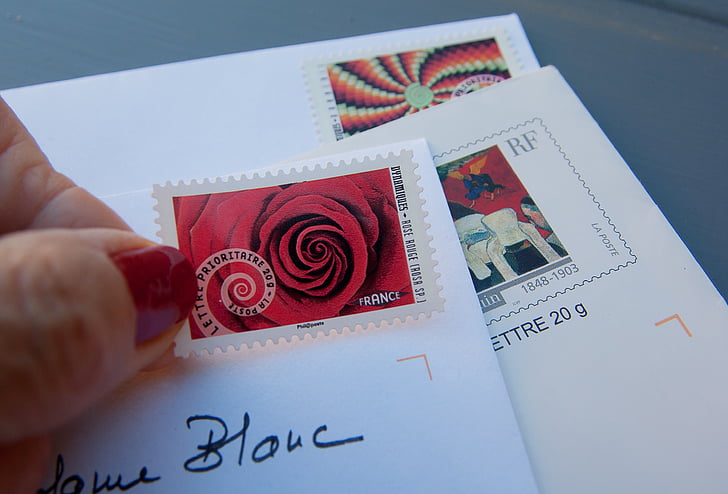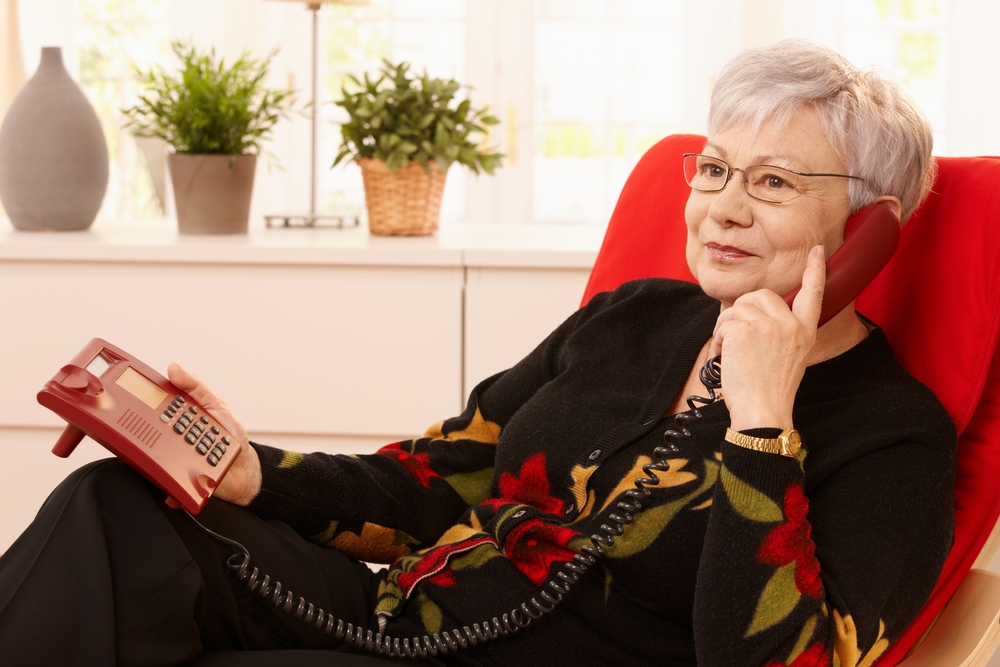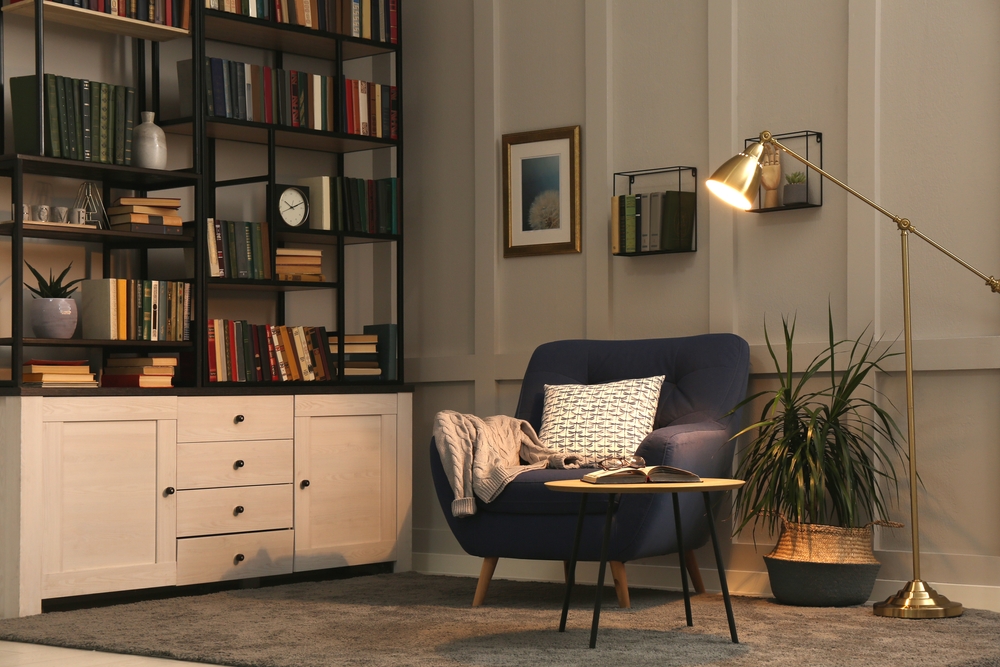Whether you realize it or not, life has a funny way of shifting under your feet. Things that were once considered mundane and part of everyday life are now seen as out-of-reach luxuries. It’s a little surprising when you think about it—how everyday experiences can slip from our fingers, transforming into the exclusive realm of indulgence. So, let’s take a look at some things that a generation ago were just normal parts of life but have now become symbols of affluence or rarity.
1. Freshly Squeezed Orange Juice

Once upon a time, enjoying a glass of freshly squeezed orange juice was as regular as your morning coffee. Now, getting your hands on a freshly squeezed glass can feel like a splurge. The convenience of pre-packaged juice has overshadowed the fresh stuff, making the latter something special. According to Dr. Emily Carter, a food historian, the shift began when mass production of citrus juices became the norm in the late 20th century, making fresh juice a rarity rather than the standard. What was once a breakfast staple has become an indulgence, reserved for brunches and special occasions.
If you’ve ever tasted the difference, you know there’s no comparison. Freshly squeezed juice is bursting with flavor and nutrients that bottled versions can’t match. The labor involved in squeezing your own or paying for someone else to do it is what adds to the luxury factor. It’s not just juice; it’s an experience of freshness and authenticity. This simple pleasure has become a symbol of taking the time to savor life’s finer, albeit more expensive, things.
2. Fine Dining Every Weekend

Dining out was once a regular pastime for many families, especially on weekends. It was a time to unwind, catch up with loved ones, and indulge in good food without the stress of cooking. But as prices soar and life gets busier, the casual dinner out has become a costly affair. Now, people reserve fine dining for birthdays, anniversaries, or when they want to wow someone special.
This shift has made going out to a nice restaurant feel more exclusive. People find themselves saving money and time, resorting to home-cooked meals more often. The fine dining experience is now about creating memories rather than simply satisfying hunger. People treat it as a luxury, an event that requires planning and anticipation. It’s less about sustenance and more about the total experience—ambiance, service, and culinary artistry.
3. Leisurely Weekends

Once, weekends were a time of relaxation and recreation, a chance to recharge and enjoy family and hobbies. The modern pace of life, with its endless digital notifications and work commitments, has transformed weekends into mere extensions of the workweek. A study by Dr. Linda Reynolds, a sociologist, confirms that people now feel pressured to be productive even on their days off. The leisure-filled weekend has become a luxury, with many struggling to find the time to simply do nothing.
This constant hustle means leisure time is more precious than ever. When people do manage to unplug, it’s often seen as an indulgence. The ability to kick back and let go of responsibilities for a few days has become something to cherish. It’s a rare commodity in a world that celebrates busyness. The art of doing nothing has transformed into a luxury skill, valuable and elusive.
4. Going to the Theater

There was a time when going to the theater was a common weekend activity. Whether it was catching the latest film or a stage production, it was a regular part of social and cultural life. Now, with the convenience of streaming services and the rising costs of tickets, attending a theater has become less frequent and more precious. The experience of seeing a live performance or a movie on the big screen is now often reserved for big releases or special events.
This change has added a layer of exclusivity to the theater experience. People often choose to wait for home releases, saving trips to the theater for films they are particularly excited about. A trip to the theater is no longer just about the movie or play; it’s about the entire night out. It involves planning, anticipation, and often a bit of nostalgia. The theater has shifted from being a routine activity to a meaningful, luxurious outing.
5. Handwritten Letters

The art of writing letters by hand was once a primary mode of communication. Now, in the age of instant messaging and emails, receiving a handwritten letter is a rare and cherished event. A report by communication expert Dr. Michael Greer points out that people view handwritten notes as more personal and thoughtful, making them feel like a luxury. Emails and texts can’t replicate the personal touch that comes with a handwritten letter.
Writing a letter involves time, effort, and intention, qualities that are increasingly rare in our fast-paced world. The paper, the ink, and even the handwriting itself add layers of meaning. A letter is not just about the words on the page; it’s about the time taken to put them there. This shift has elevated the handwritten letter from a common method of communication to a treasured keepsake. It’s an intimate connection that modern technology struggles to emulate.
6. Owning a Landline

Not so long ago, landlines were a standard feature in every household. Now, they are becoming relics of a bygone era, as mobile phones dominate. For those who still have them, landlines offer a sense of nostalgia and reliability. The luxury of having a dedicated home phone is something many have willingly traded for the convenience and portability of cell phones. Yet, for others, a landline is a deliberate choice, a luxury that provides a sense of security and connection to the past.
The landline’s decline offers a look into how technology evolves and reshapes our lives. What was once a necessity is now an option, often seen as an extravagance. For some, the landline is a backup plan or a nod to simpler times. It speaks to the heart of how technology can make once-common items into symbols of choice and luxury. Deciding to keep a landline in today’s world is a quaint and, for some, an indulgent choice.
7. Uninterrupted Family Dinners

The family dinner table used to be a place of conversation and connection. Today, finding time for an uninterrupted family meal is a challenge, thanks to busy schedules and digital distractions. According to a study by family dynamics expert Dr. Susan Whitaker, regular family meals have become increasingly rare. When they do happen, they’re often interrupted by phones, work, or other commitments. A peaceful, shared meal is now a luxury in many households.
This shift has made some people more intentional about protecting family dinner time. The effort to create a tech-free, focused meal environment is seen as an investment in family bonds. People cherish these moments, recognizing their value in a world that often pulls them in different directions. The family dinner has become more than just a meal; it’s an opportunity to connect and communicate. The luxury lies in the ability to disconnect from the outside world and focus on what truly matters.
8. Wearing Tailored Suits

Wearing a tailored suit used to be a standard for professionals and social events. As fast fashion and casual wear have taken over, tailored clothing has become a symbol of luxury and status. The time and cost involved in getting a suit made to fit perfectly are seen as extravagant by modern standards. People now reserve tailored attire for special occasions, where the fit and feel make a significant impact.
The difference in comfort and appearance that tailored clothing offers can’t be overstated. Off-the-rack clothing doesn’t provide the same level of refinement or individuality. A tailored suit is an investment, both in money and in personal style. It speaks to a desire for quality and distinction, standing out in a world filled with mass-produced garments. The tailored suit is no longer just clothing; it’s a statement of elegance and sophistication.
9. Travel Without Planning

Traveling used to be a spontaneous adventure, with people often setting off without much of a plan. Nowadays, the complexities of modern travel and the desire to make the most of trips have turned spontaneous travel into a luxury. People meticulously plan their travels, seeking to maximize experiences and minimize costs. The freedom to travel without extensive planning is something many long for but few feel they can afford.
The spontaneity of travel has been replaced by itineraries and reservations. While planning ensures a smooth journey, it also takes away the element of surprise and discovery. The act of wandering without a plan, stumbling upon hidden gems, is now a luxury that requires time and willingness to embrace uncertainty. This kind of travel offers a break from structured lives. It’s a throwback to a time when the journey itself was as important as the destination.
10. Having a Home Library

Bookshelves filled with a collection of books used to be a common sight in many homes. The digital age has seen a decline in physical books, with e-readers and tablets taking their place. Owning a home library is now considered a luxury, a testament to one’s love for the physicality of books. The space and resources required to maintain a vast collection of books are beyond what many are willing or able to commit.
The tactile pleasure of turning pages and the visual appeal of a well-stocked bookshelf are things e-books can’t replicate. A home library offers a sanctuary, a place for reflection and escape in a digital world. It represents a love for literature and a commitment to preserving it in its traditional form. For those who have one, a home library is a cherished part of their home’s character and charm. It’s a nod to a slower, more intimate way of engaging with the written word.
11. Owning a Second Car

There was a time when owning a second car was considered more of a necessity than a luxury, especially for growing families. Today, with rising fuel costs, environmental concerns, and urban living making car ownership less practical, having an extra vehicle is now viewed as a luxury. Many modern families have downsized, choosing public transport or car-sharing services over maintaining multiple vehicles.
Owning a second car is often about convenience and flexibility. It offers freedom and ease, allowing people to manage busy schedules more efficiently. However, the financial and environmental costs make it a less attractive option for some. Those who do opt for a second car often do so for specific needs or lifestyle preferences, valuing the independence it provides. The shift in perception has transformed the second car from a practical solution to a luxury choice.
12. Wearing Natural Fabrics

Natural fabrics like cotton, wool, and silk were once the norm in clothing production. As synthetic materials have become more prevalent, clothes made from natural fibers are now seen as premium and often come with a higher price tag. The comfort, breathability, and sustainability of natural fabrics appeal to those willing to pay extra. But for many, the cost of natural fiber clothing makes it a luxury rather than a standard.
The difference in quality and feel between synthetic and natural fabrics is noticeable. Natural fibers age gracefully, often becoming more comfortable over time. The environmental impact of synthetic materials has also driven some to seek out natural options. Choosing natural fabrics is a conscious decision, reflecting a preference for quality and sustainability. It’s a luxury that speaks to personal values as much as it does to lifestyle.
13. Unplugged Vacations

Vacations used to be a time to truly unwind, disconnect, and escape from everyday life. In our hyper-connected world, the opportunity to unplug completely on vacation is rare and often considered a luxury. The pressure to stay in touch, capture every moment, and share on social media keeps people tethered to their devices. A vacation that involves disconnecting from the digital world and living in the moment is now something many yearn for but find challenging to achieve.
The ability to unplug allows for a deeper connection with the surroundings and the people you’re with. It encourages relaxation and a break from the constant influx of information and communication. Planning a vacation that truly lets you leave work and social media behind is an increasingly rare feat. It requires intentionality and sometimes, a willingness to go off the grid. An unplugged vacation is a luxury of presence, offering a rare chance to recharge fully.
This article is for informational purposes only and should not be construed as financial advice. Consult a financial professional before making investment or other financial decisions. The author and publisher make no warranties of any kind.








